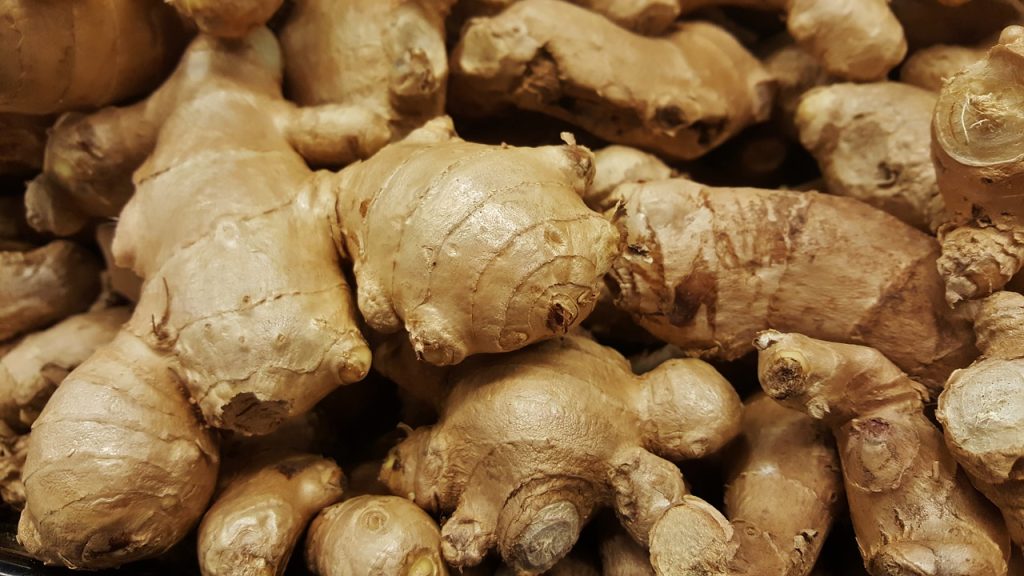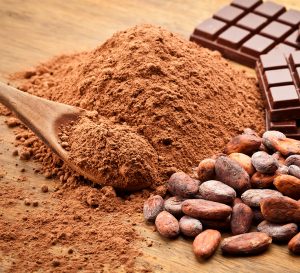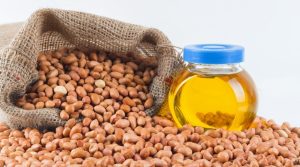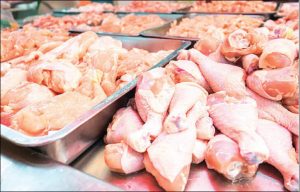
INTRODUCTION
Ginger is derived from the Zingiber officinale rhizomes of the Roso plant.
It originated in Southeastern Asia and is used mainly for dried and preserved ginger spice.
Ginger is known to be a medicinal perennial plant grown as an annual crop in commercial development. It’s cultivated in the subtropical and tropical areas of the world.
In so many countries, rhizome (processed ginger “root”) is the standard of commerce, thereby making them trade out as a candied or dried spice.
The height of an average ginger plant is between two to four feets under normal conditions.
Farmers asexually grow consumable ginger from a set of rhizomes. There are different kinds with a cool yellow-colored flesh called the Japanese ginger, while the Chinese kind gets identified with large rhizomes, a flesh of light yellow color, and is less pungent compared to the Japanese variant.
The best time of planting ginger is starting in the month of March.
You’ll yield great results when you let it grow for at least ten months.
As soon as ginger is cured, it’s packed and sold in a 50-kilogram bag.
One can also grow ginger in a greenhouse farm.
The ginger roots are graded according to the standards stated by the Department of Agriculture.
There’s successful cultivation of commercial ginger in Nigeria because of its market value.
Farmers don’t only produce ginger for revenue and income creation, but it’s also known for its health advantages/medical value, that’s why there’s a high demand for ginger nationally and internationally.
This form of business is all about ginger cultivation and processes carried out in its production.
Farmers will then sell the harvested products to industries that produce raw materials and also exported to nearby countries to generate revenue.
EXECUTIVE SUMMARY OF MOYSINE GINGER FARMING & GINGER PROCESSING BUSINESS PLAN
MOYSINE ginger farm is an existing farm whose main objective is cultivating processing,sales and serving the best organically planted ginger’s and ginger products.
This ginger farm is owned solely by Mr. Richard is a household name in the agriculture sector of Nigeria’s economy. He is a graduate of Agricultural Economics from the prestigious University of Ibadan.
He is vast in knowledge and experience.
He has over 15 years experience as a large scale farmer and also as a farming consultant. He will be the CEO of MOYSINE Ginger Farm.
He has a team of well trained and highly passionate member who will bring excellent customer care service, operating skills, packaging skills and proficient use of technology and machinery into the ginger farming and processing industry.
Our Ginger farming and processing plant is located at Ilorin, Kwara State Nigeria.
A place known for ginger growth all over the year.
With the skills our management team and the CEO knowledge and experience, we in MOYSINE Ginger farm are sure meet our revenue goal of N 50,000,000 at the end of the second year.
VISION OF MOYSINE GINGER FARMING & GINGER PROCESSING BUSINESS PLAN
To become one out of the top five best sought after ginger farm brands in Nigeria and also aspiring to have a footstool in the global ginger business market.
OUR MISSION
- Creating a standard ginger granulation tech industry, which will be one of the best in Nigeria.
- serving of innovative ginger-based products at pocket friendly rates.
- Empowering employees and customers with feasible business solutions.
GINGER PRODUCTION
Ginger production refers to the processing ginger into finished products for other purposes.
This production involves a lot of processes.
Ginger can be processed in 3 primary forms mainly:
Ginger powder
Ginger extract
Ginger oil.
All ginger processes always begin with these steps
Washing and sorting
This is the process whereby the ginger roots are washed and sorted to remove dirt and unwanted substance.
Ginger peeling
At this stage the ginger is usually peeled.
This can be done manually with a hand or an industrial peeling machine if you are producing large quantities of ginger.
Scraping of ginger’s back is recommended to reduce drying space, it reduces the growth and fermentation of mounds.
Bleaching the Ginger
The peeled rhizomes can be bleached to improve its appearance. Bleaching involves soaking the rhizomes in water for 3 hours after peeling and washing, then steeping in a 1.5 to 2.0 lime solution (calcium oxide) for 6 hours before draining.
Drying the Ginger
After draining the next stage is the drying process.
Ginger can be sun-dried or oven-dried; either method works effectively.
Sun-drying should take almost a week for areas with stable weather conditions, but mechanical drying is usually the best option because it’s faster.
Drying should be done at 8 to 10% moisture and should not exceed 12%.
After drying, weight loss is expected to be 60 to 70%.
Ginger Oil Distillation
For ginger oil, the ginger rhizome can be used, fresh or dried.
The oil is obtained through the process of steam distillation.
The dried rhizomes are blended to a coarse powder and loaded into a stilling machine.
Afterwards, the steam is condensed with cold water, during which process, the oil is separated from the steam water and stored.
Ginger Powder
For ginger powder processing, after drying the ginger, you can then crush the dry matter into powder and prepare it for packaging.
Ginger Extract
For ginger extracts, the drying stage is followed by a chemical process of extraction. It involves extracting from a supercritical carbon dioxide with a high level of antioxidant activity.
OUR TARGET MARKET
Food and Drink Industry
- Due to gingers distinct taste and health benefits processed ginger is used in the production of food items such as powder, pulp, sugar, oil and candy are commonly used in the food and drink industry. More so, ginger powder is readily employed as a flavoring agent for use in tomato ketchup, meat sausages and salad dressings.
Pharmaceutical companies
- Ginger extract is used in manufacturing of several medicines in the pharmaceuticals industry, and ginger oil is part of the core materials included in cough relief tablets and expectorants as well as for treating different skin disorders in the cosmetics industry.
Local Industry
- Ginger powder is used in soaps and cosmetics as well as for fragrance. Ginger oil, which is the product obtained from a process of distillation by steam, is primarily used in the production of beer, confectionery and perfume flavoring.
Household consumption
- Ginger is included in our everyday food and drinks,it’s used flavors in pickles and salad dressings.
Our products and services includes
- Gingerbread
- Ginger candy
- Ginger sticks
- Ginger pops
- Ginger powder
- Ginger ale that are used in different foods and drinks.
RISK ANALYSIS AND MITIGATION OF OUR GINGER FARMING & PROCESSING BUSINESS PLAN
RISKS
- Insufficient amount of rainfall due to poor weather.
- Fertilizers procuring difficulty
- Difficulty in accessing the international market.
- The production is labor intensive.
- Lack of substantial research on ginger farming and processing.
TO MAXIMIZE
- Ginger’s health benefits increases it’s market demand.
- Sensitization of the ginger farmers on the benefits of value adding strategies,which will go along in reducing problems associated with ginger processing at village level.
- Over reliance on chemical fertilizer will be reduced and attention will be directed to compost manure culture.
For the full details of our template or customized business plans which contain standard business plan table of contents such as Executive summary, business description, industry overview/trends, products and services, marketing analysis, sales and marketing strategy, organizational/ management structure, SWOT and PEST analysis, financial plan.
We also organize training, prepare business model canvas, Grants application assistance and feasibility reports:
Please call us on: +234 814 716 1686. e-mail: info@apprenticeship.ng


